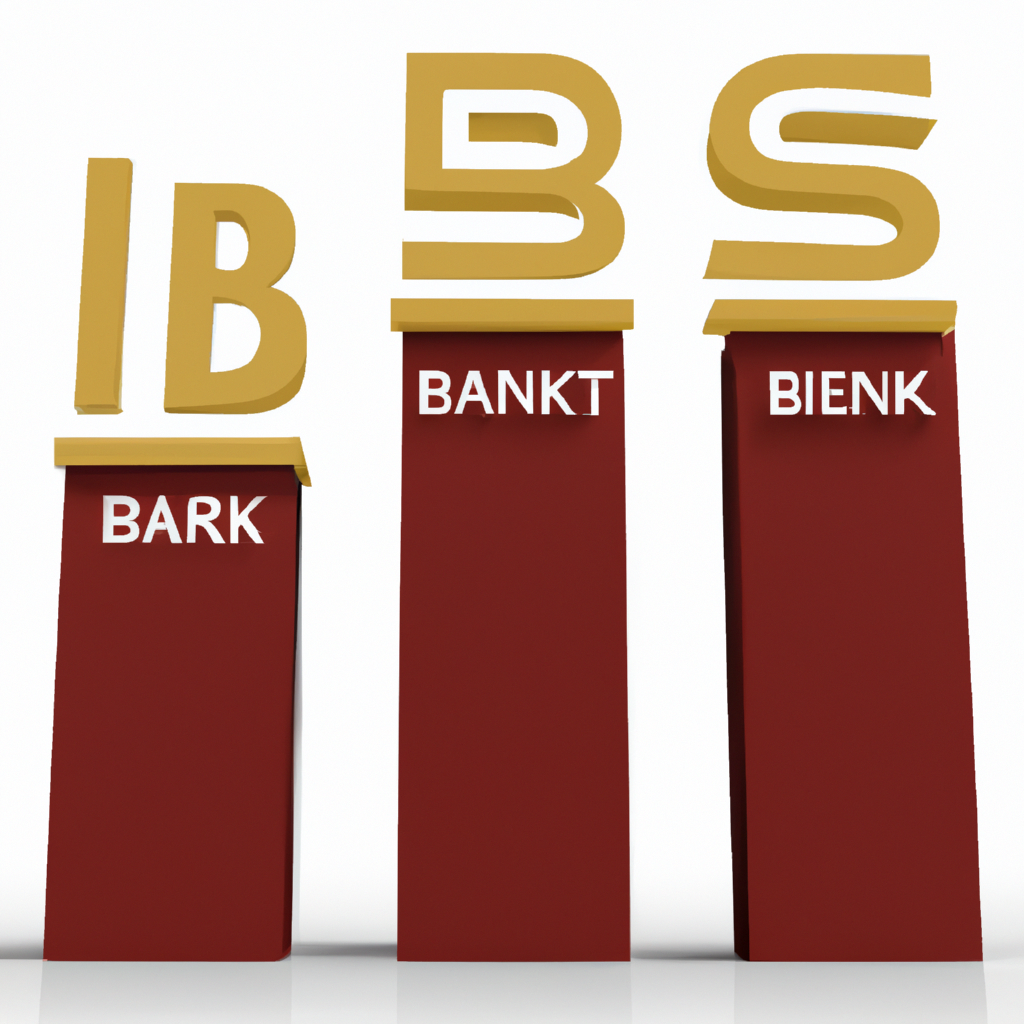Investment Bank Rankings: A Comprehensive Guide to the Top Players in the Industry
Introduction
Investment banking is a highly competitive industry, with numerous players vying for the top spot. Each year, various publications and organizations release rankings that assess the performance and reputation of investment banks worldwide. These rankings serve as a valuable resource for investors, job seekers, and industry professionals who want to understand the standing of different banks. In this article, we will explore the key factors considered in investment bank rankings and highlight some of the top-ranked institutions.
Factors Considered in Investment Bank Rankings
When compiling investment bank rankings, several factors are taken into account. These factors include:
1. Revenue Generation: The total revenue generated by an investment bank plays a significant role in its ranking. This includes revenues from various activities such as mergers and acquisitions, underwriting, sales and trading, and advisory services.
2. Deal Volume and Value: The number and value of deals completed by an investment bank are strong indicators of its market presence and capabilities. Banks that handle large, high-profile transactions tend to rank higher.
3. Reputation and Client Feedback: The reputation of an investment bank is crucial in determining its ranking. Surveys and feedback from clients and industry professionals provide insights into the bank’s performance, expertise, and customer satisfaction.
4. Global Presence: The geographical reach of an investment bank is also considered. Banks with a strong international presence and a diverse client base often receive higher rankings.
5. Innovation and Technology: The ability to adapt to changing market dynamics and embrace innovative technologies is an essential factor in determining a bank’s ranking. Banks that invest in cutting-edge technology and offer digital solutions often receive higher marks.
Top Investment Banks
While rankings may vary slightly depending on the source and methodology, several investment banks consistently appear at the top. Here are some of the most prominent players in the industry:
1. JPMorgan Chase & Co.: JPMorgan consistently ranks among the top investment banks globally. With a strong presence in mergers and acquisitions, equity and debt underwriting, and advisory services, JPMorgan has a reputation for excellence and innovation.
2. Goldman Sachs Group Inc.: Known for its expertise in investment banking, Goldman Sachs is a leading player in the industry. The bank excels in areas such as trading, asset management, and private wealth management.
3. Morgan Stanley: Morgan Stanley is renowned for its strong advisory services and wealth management divisions. The bank consistently ranks high in terms of deal volume and value, particularly in mergers and acquisitions.
4. Bank of America Merrill Lynch: With a wide range of services, including corporate banking, sales and trading, and investment banking, Bank of America Merrill Lynch is a major player in the industry. The bank’s global presence and strong client relationships contribute to its high ranking.
5. Citigroup Inc.: Citigroup is known for its extensive global network, offering a broad range of investment banking services. The bank ranks highly in areas such as debt underwriting, equity trading, and advisory services.
Conclusion
Investment bank rankings provide valuable insights into the performance, reputation, and capabilities of different institutions. While the specific rankings may vary, the top investment banks consistently demonstrate excellence in revenue generation, deal volume, reputation, global presence, and innovation. Investors, job seekers, and industry professionals can leverage these rankings to make informed decisions and gain a better understanding of the competitive landscape within the investment banking industry.



